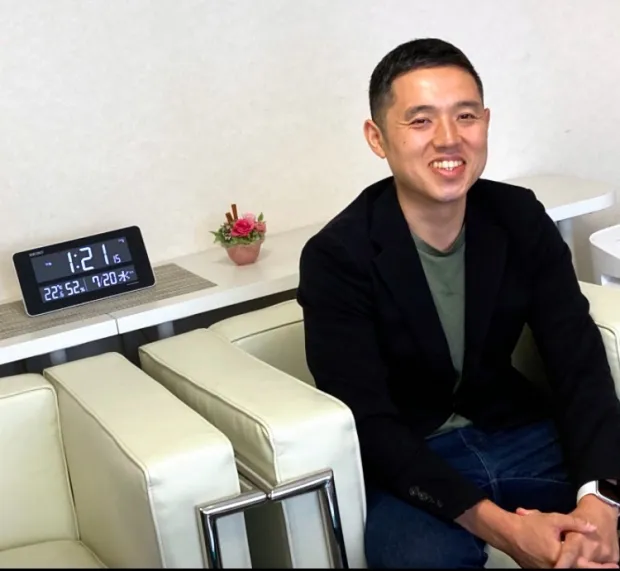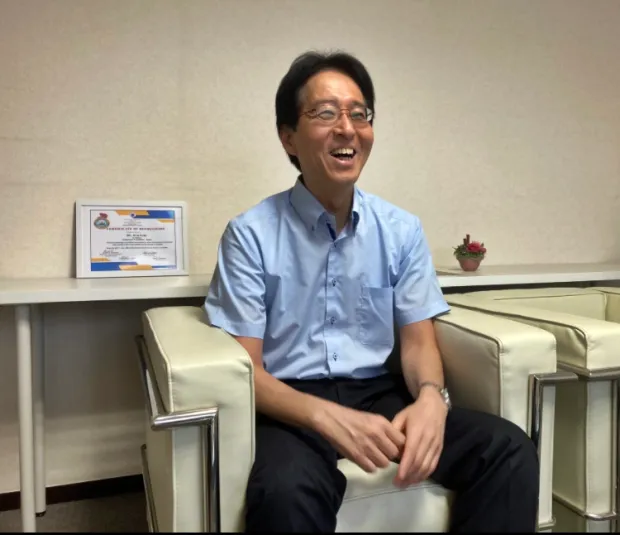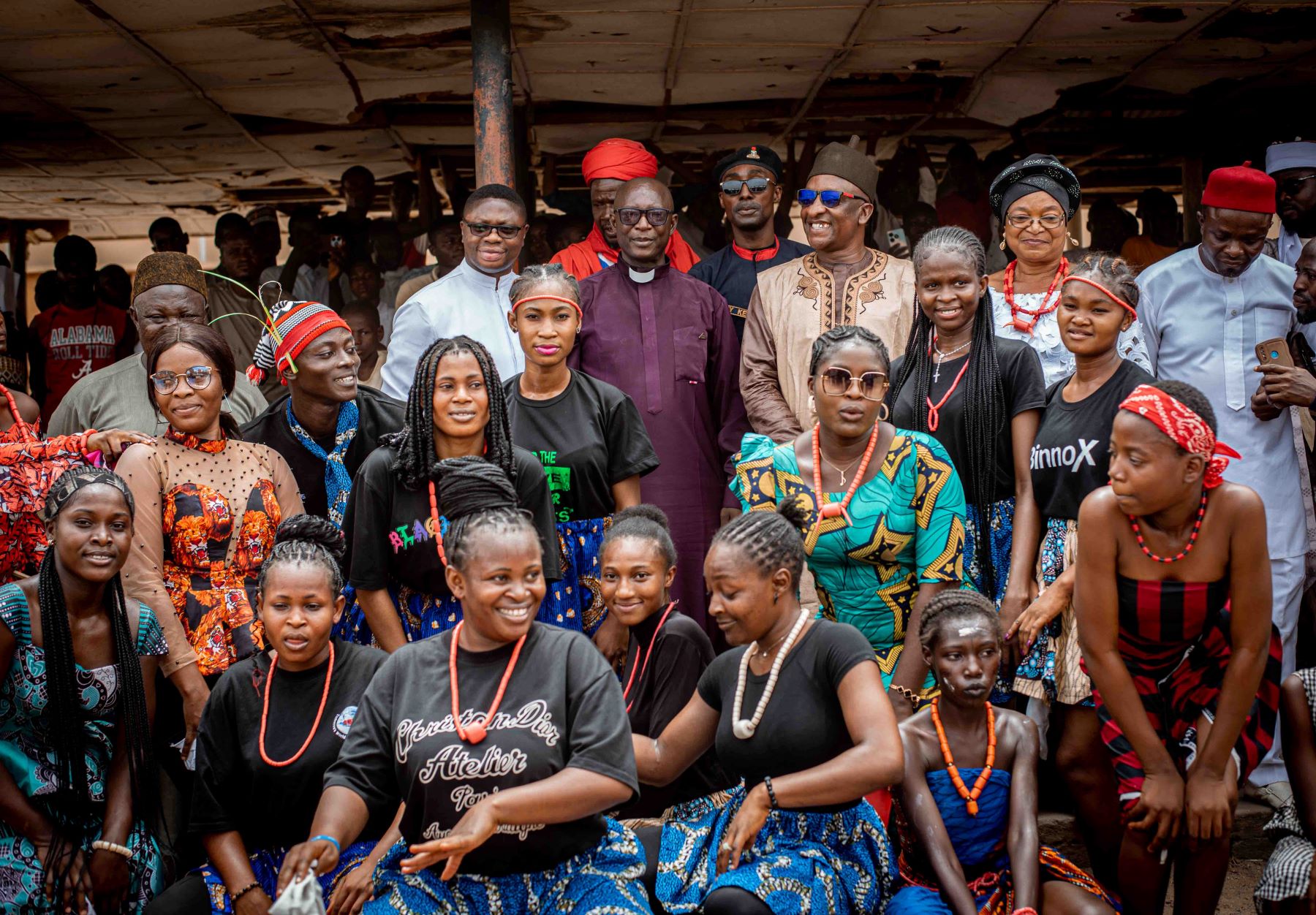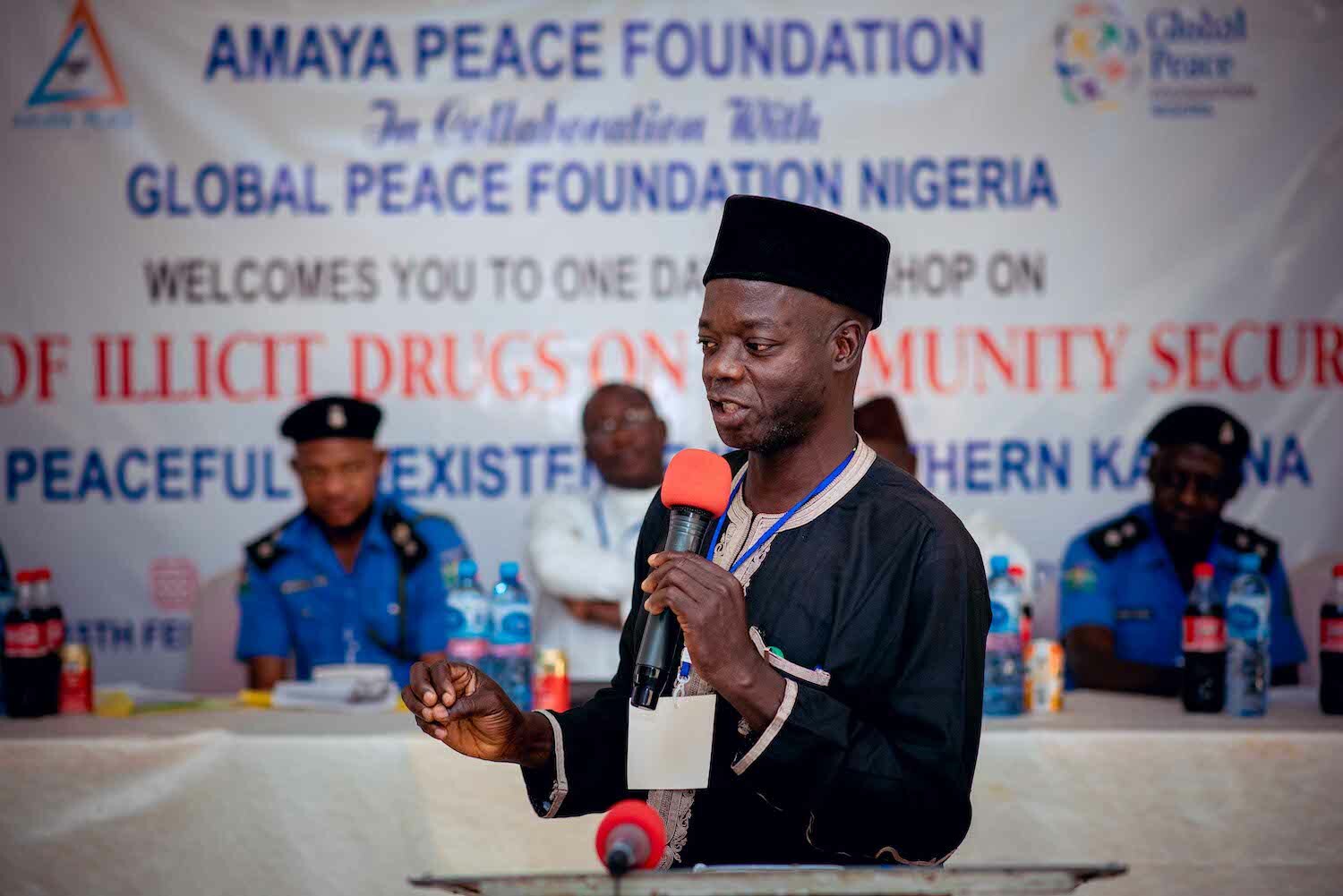The following article is by My Eyes Tokyo, which collaborates with Global Peace Foundation (GPF) Japan on the Multicultural One Family Project. The project strives to bridge people of many different backgrounds in Japan’s increasingly diverse society. On November 23, 2022, GPF Japan will host the annual Multicultural One Family Festival. My Eyes Tokyo interviewed Kazuhiro Handa (GPF Japan Secretary-General) and Aya Goto (GPF Senior Vice-President) on the upcoming festival.
Interviews by Isao Tokuhashi and Jennifer A. Hoff (My Eyes Tokyo)
 Excerpt of Interview with Kazuhiro Handa:
Excerpt of Interview with Kazuhiro Handa:
I participated in the first [Multicultural One Family Festival] event held in Hibiya Park in 2015 as a staff member, and have been involved in subsequent events as the chair of the executive committee.
I became an employee of GPF Japan in 2014, and only two years later was appointed as the chair of the executive committee of the festival while I was still in my 20s…
This is just the kind of person that I am, but I’m not a returnee who grew up overseas or anything like that. I was born and raised in Oita Prefecture and went to university in Kyoto. On the one hand I had thoughts of returning and contributing to my hometown as a public servant, while on the other hand, I had loved English since I was in junior high school, and there always was a longing to go abroad in the back of my mind. In the share house I lived in during college, I enjoyed communicating in English with the international students who stayed there for short periods. When I was searching for a path to take after graduation, an acquaintance invited me to participate in a GPF Japan program and GPF International events in Southeast Asia. During the program, I was moved emotionally by witnessing and building in the interactions between friends of different nationalities and cultures. This experience was one of the reasons I decided to join GPF Japan as a staff member…
By participating in the festival, I met people who had struggled to make a living in a place with a different language and culture than where they are from, but had learned and grown through their struggles to become mature and seasoned individuals. Through this experience, I got the feeling that “punctuality” and “diligence in work” are universally valued, regardless of country, culture, or religion.
For many Japanese people, there are few opportunities to immerse themselves in a multicultural environment, and therefore the psychological barrier to jumping into such an environment is high. However, the hurdle drops dramatically if they are invited by their friends. Among the festival community participants, people invite their friends, and the “family” circle has been expanding year by year. I would like to continue to be a part of this.
 Excerpt of Interview with Aya Goto:
Excerpt of Interview with Aya Goto:
I have traveled to many countries through my work and have lived in the United States for a long time, where many more people from various backgrounds reside together, compared to Japan. I was involved in cross-cultural exchanges daily and I felt like my life was enriched by making friends with people from different backgrounds.
You don’t have to go abroad to have this kind of experience. We can have it in Japan too because there are already more than 2 million foreign nationals residing here.
They are trying their best to make a living in Japan. On the other hand, although things may have calmed down a bit, hate speech against people towards certain roots and countries was once prevalent, and crimes committed by just a few people were being blown up in the media and it was threatening to tarnish the impression of all foreign nationals. So we interviewed foreign people working hard in various parts of Japan in order to collect and disperse as much positive information as possible about them. We first met with a young Korean man in Yamanashi Prefecture who had been reclaiming abandoned farmland into mulberry fields and making mulberry tea, and with a group of Filipino women supporting Kesennuma City in Miyagi Prefecture, which was devastated by the Great East Japan Earthquake and Tsunami.
Eventually, we began to help set up the stage and publicize events voluntarily organized by the Filipino community in Japan. Through this experience, I thought that it would be more interesting if people from different countries who wanted to hold an event gathered in one place and created an event together. We would not take the lead, we would only be a “support” for those who were motivated; acting as a “catalyst” for people from various backgrounds. Multicultural One Family Festival was launched in 2015 based on these ideas and concepts.
The first event was held on a large scale at an outdoor venue in Hibiya Park. But after the second event, we downsized its scale and chose to hold it in indoor halls. That’s because the scale of the event is not important to us at all. On the contrary, if the size of the event is too large, our attention will be focused on on-site management, and our awareness will drift away from the goal of “overcoming differences and deepening mutual bonds”. I even think that if we could reach the goal of “bringing people from all walks of life together to create one with excitement.” and “transcending differences to become One Family,” we wouldn’t even need to hold festivals (laughs). When you are singing on stage, you can just sing acappella if there’s no music going along with it coming out of the speakers all of a sudden; that’s like us improvising. As long as everyone is having fun, we are reaching our goal.
In the US, where my family lives, people from the same country tend to form their own communities and do not interact much with the rest of the population. The same thing is happening in Japan, and I think there is a precious opportunity that people are missing out on. Foreign nationals and Japanese alike can be energized by the atmosphere created when people from all backgrounds come together. If there are people reading this who are interested in such activities who are eager to do something, I would love to have you on the executive committee of our festival.
Of course, those who want to demonstrate Japanese culture to the foreigners are welcome too. However, in our eyes it is important to show interest in and understanding of the cultures of other countries, not just to insist on our own excellence in a one-sided way.
I believe that the strengths of the Japanese people are concern and consideration for others, modesty, and respect for harmony. But in reality, as soon as we interact with people from other countries or those who are different in general, we tend to retreat into our shells. As a result, there is the risk of creating a biased mindset that says “Japan is the best” or “Japanese people are superior to other people.” That is why I would like Japanese people to learn from other cultures by engaging them with “humility,” which is one of our strengths.
The Multicultural One Family Festival is a place where you can learn from various types of people and cultures while you are in Japan. Kirari, a Japanese actress who starred in the “Gift” drama series (1997), in the legendary Great Teacher Onizuka, and in Hideaki Anno’s film Love & Pop, was the ambassador of the first festival held in 2015, and will be back this year as an ambassador again. We would be delighted if you could bring something exciting to the festival and join us in creating an enjoyable event.



